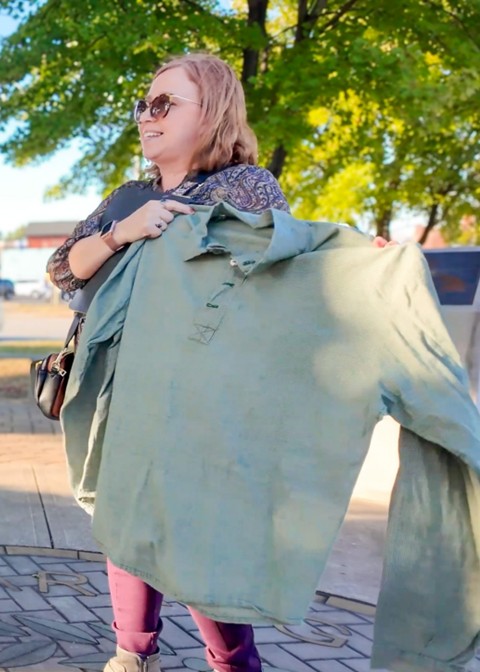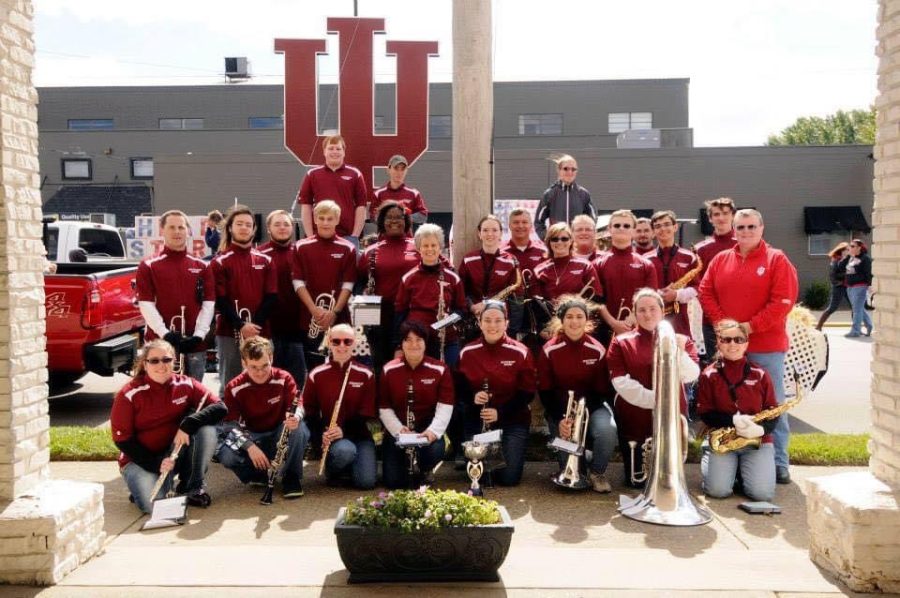It’s hard not to get swept away in the mad dash to that all important date of Dec. 25. Santa Claus, reindeer, Christmas carols, family, holiday-cheer and presents just to name a few.
Christmas has evolved during the years into an almost secular holiday with a religious foundation. LifeWay Research, a Christian group, conducted a survey in 2010, which showed that 89 percent of agnostics, or those with no preference, celebrated Christmas. Also, 62 percent of individuals from a different religion and 55 percent of atheists celebrate Christmas.
It seems most all Americans are captivated by this seemingly mystical time of year. It is supposed to be a time of joy and cheer, but it might be becoming a time when many spend a lot of money they probably shouldn’t be spending. The National Retail Federation estimates that the average American will spend about $700 during the holidays on gifts and goodies. As a whole, that is $465 billion.
Call Christmas a religious holiday that celebrates the birth and life of Jesus Christ, or say it’s a time that brings families together at least once a year. One thing is for sure, it’s a big win for business.
Americans stress and struggle to get just the right gift, for multiple friends and family members, all leading up to the awkward climax when they see the look on their face and try to gauge what they truly think of the gift.
That isn’t always the case, especially when it comes to college students. Most college students don’t have to worry much about buying gifts. Everyone knows they’re broke. Can they even afford gas money to get home?
Students are forced to be creative if they want to have presents ready for that awkward and special moment of gift exchange right after someone goes and wakes up grandpa. Le’Roy Ford, criminal justice sophomore, may
have one of the more creative ways to save some money, while still giving something special. He said he showed up one Christmas with Bibles for everyone in his family, each containing a personal message.
When asked how much he spent that Christmas on presents, “I didn’t spend any money,” he said laughingly.
Has Christmas become more consumer-driven and less about what is important? That is not the case for Dena Funke, general studies junior. She said, for her, Christmas is about both Christianity and family.
“One of my favorite memories is going to Christmas Eve service and lighting candles with my mom,” Funke said. “I like the giving of Christmas and all the Christmas magic, I believe in it.”
It’s all well and good to have fun during the holidays, but as Travis Derico, adjunct lecturer in religion studies said, keep what is important about life in perspective. Derico said that people can get so caught up in the giving and getting part of Christmas that they forget what really matters.
“Your neighbor may have just recently lost their father before the holiday and is depressed,” Derico said. “He may just want someone to hang out with.”
Derico said he is a Christian, but by no means “in-your-face” about it. He said he accepts that the holidays have become more secular and believes this should not be an issue for other Christians.
“As a Christian, you shouldn’t be bothered by how someone else celebrates a holiday,” Derico said. “It’s hard enough trying to do something useful yourself. Don’t waste time worrying about how other people celebrate. If you want to do something good and demonstrate to other people that Christmas means more to you than toys and candy, then that’s okay.”
So come one, come all, Americans of all religions and no religion. Rejoice in the magic and mayhem that wraps all that is American into one big spectacular holiday. And unite in the utter contempt of fruitcake.






